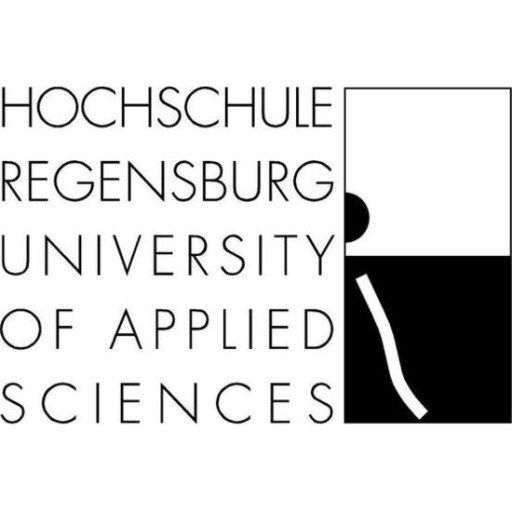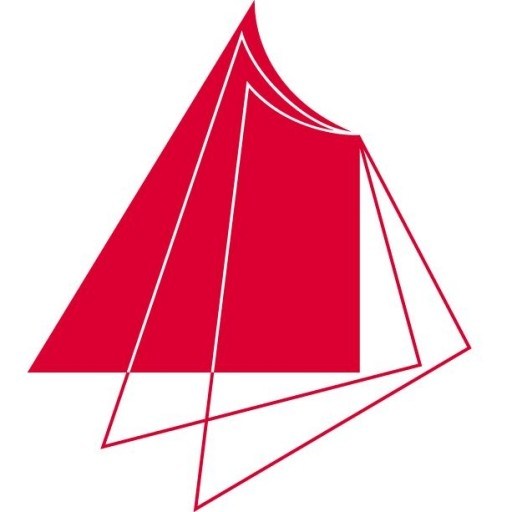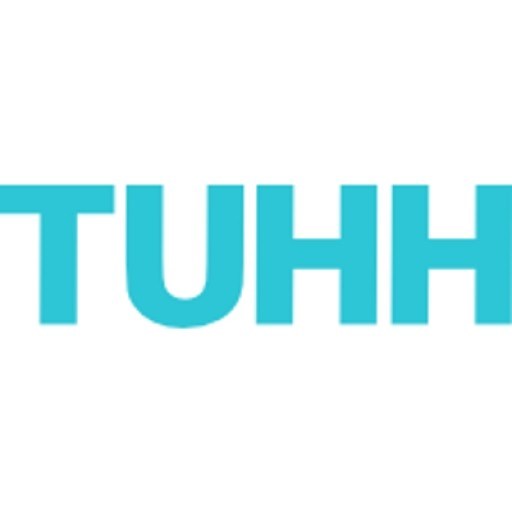The ongoing miniaturisation in the microelectronics industry gives rise to systems that are now being referred to as nanoelectronic systems. Such systems offer a variety of applications, but their design and implementation is becoming increasingly complex. This is the motivation for the new Master's programme "Nanoelectronic Systems". This programme focuses on three key areas:
The practical training (offered in parallel with theoretical concepts) develops skill sets and expertise that can be used during internships, project work, and for the Master's thesis, which can be undertaken at companies or research institutes.
After successful completion of the Master's programme, students are prepared to commence research at a university or at the R&D department of a company developing state-of-the-art technology.
- Technologies for nanoelectronic systems
- Design of nanoelectronic systems
- Applications of nanoelectronic systems
The practical training (offered in parallel with theoretical concepts) develops skill sets and expertise that can be used during internships, project work, and for the Master's thesis, which can be undertaken at companies or research institutes.
After successful completion of the Master's programme, students are prepared to commence research at a university or at the R&D department of a company developing state-of-the-art technology.
Educational organisation
The Master's programme takes four semesters. The first three semesters of the Master's programme are reserved for courses. In the fourth semester students write and defend their Master's thesis.The course programme consists of eight compulsory modules, including the module "Project work" in the third semester, to be used for an internship. The topics of the compulsory modules are taken from the three key areas of the Master's programme. The module "Lab sessions" includes a programming and introduction lab, and a semiconductor technology lab.
In addition to the compulsory modules students must choose elective modules with a minimum of 38 credits to complete the study programme. The list of elective modules again includes modules from all three key areas of the study programme, as well as non-technical modules.
Study abroad unit(s)
Students have the possibility to go abroad for their Master's thesis during the fourth semester of the Master's programme.Internships
The module "Project work" in the third semester is organised as an internship. In parallel to the courses students get enough time to work in a research group on a scientific topic.Forms of assessment
Each module will be finished with one or more examinations. The examinations can be oral (single or group) or written exams, protocols, reports or simulations. Part examination prerequisites such as small tests or presentations must be performed during the semester. For each module, the credits are awarded when the module is successfully passed.The Master's thesis must be written during the last semester of the Master's programme. The results of the work must be presented in a defence.
Course objectives
Graduates of the Master's programme "Nanoelectronic Systems" are familiar with methods, techniques and tools for the design and manufacture of nanoelectronic devices and for the application of these systems in selected application areas, and can apply this knowledge. They will be able to analyse problems from these areas and to develop efficient solutions. They recognise the relationships and dependencies of these areas and can take them into account when finding solutions. The graduates are familiar with the latest research and developments in these subject areas and can participate constructively in the process.Thanks to their broad technical knowledge and their familiarity with the worldwide research community in the areas of design, manufacture and application of nanoelectronic systems, acquired in the context of internationally-oriented modules, graduates are qualified after an appropriate training period to manage in professional practice varied and complex tasks in the design, manufacture or use of nanoelectronic systems.
Language requirements
Certificate of proficiency in English at level C1 of the Common European Framework of Reference for Languages (CEFR) e.g. TOEFL IBT with 95 points, IELTS with level 6.5 (for non-native speakers only)Academic requirements
- Bachelor's degree (or equivalent) in Electrical Engineering, Information Technology, Physics, or similar
- advanced mathematics knowledge (multi-variable differential and integral calculus, probability and statistics)
- analogue and digital circuit design
- electro-magnetic fields
- systems theory (Fourier, Laplace, and Z transformations)
- operation and construction of basic electron devices (e.g. diode, bipolar, and MOS transistors)
- object-oriented programming (e.g. C++, JAVA)
Enrolment fees
The enrolment fee is currently about 260 EUR per semester and includes a semester ticket, which entitles students to use public transport in and around Dresden and regional trains within the federal state of Saxony. Additionally, it offers benefits (e.g. price reductions) for many cultural and leisure activities in Dresden.Costs of living
The cost of living varies according to personal needs and preferences. However, about 700 EUR per month represents an average budget for a student in Dresden, including expenses for accommodation, food, items of everyday life, and insurance.(This figure is relatively low compared to other big German cities.)
Job opportunities
In order to top up their budget, some students may want to look for temporary work in Dresden. If so, different regulations apply for students from EU member states, countries of the European Economic Area (EEA) and Switzerland, and students from outside the European Union and the EEA area. Please bear in mind that a temporary job is not easy to find. In addition, restrictions on the duration of employment may apply.Arrival support
The university provides counselling via e-mail and personal appointments regarding all matters related to arrival and living in Dresden, guided campus tours, and welcome receptions to which new students are invited to meet other students and professors.For PhD students and researchers, the Welcome Center also provides additional support services concerning visa issues, finding suitable accommodation, etc.
Services and support for international students
TU Dresden International Office offers a tutor network that helps new international students organise their studies. All international freshers are invited to an introduction day at the beginning of their first semester, on which they will also meet their tutors.Furthermore, the International Office's cultural office and various student initiatives provide a plethora of social and cultural activities each semester (guided city tours, trips in the region and to other cities in Germany or neighbouring countries, language tandems, etc.).
Accommodation
It is quite easy to find accommodation in Dresden. Accommodation is available either via the Studentenwerk Dresden or on the private market. Rent for a single room in a student residence is approx. 250 EUR.Private housing can be found online. We recommend moving into a hall of residence at the beginning of your stay in Dresden and later find a place on the private market or in a shared apartment, known in German as a "Wohngemeinschaft".









